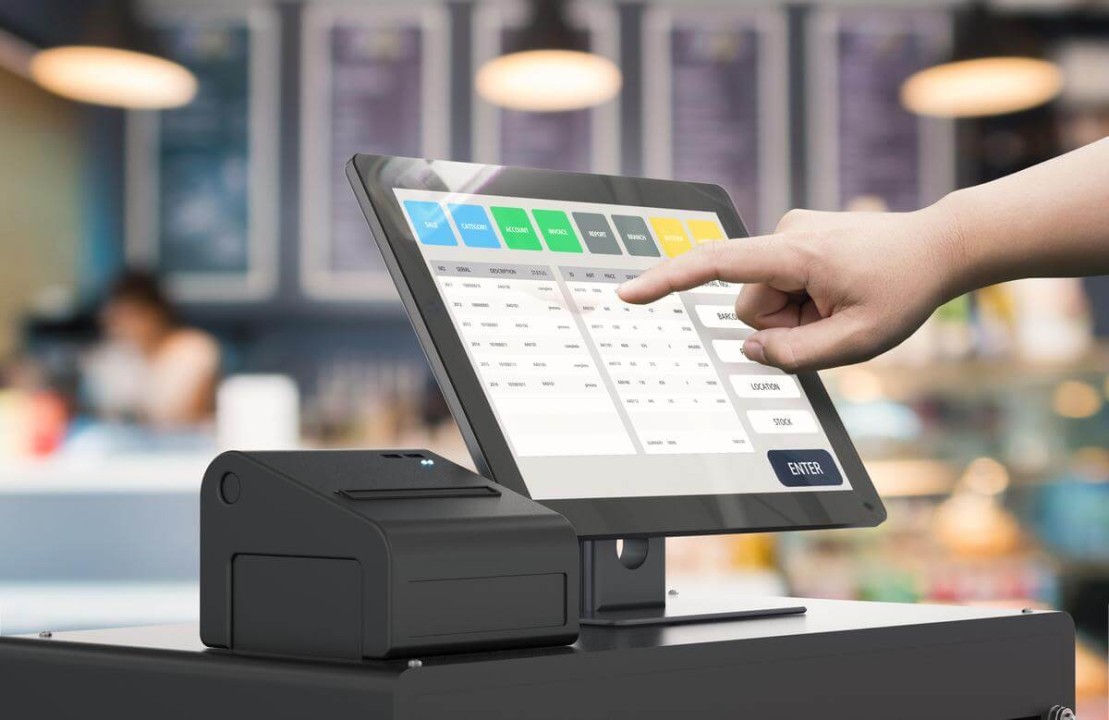
In the fast-paced world of modern business, efficiency is key. One tool that has revolutionised the way businesses operate is the Point of Sale (POS) system. A POS system is a combination of hardware and software that allows businesses to process transactions, manage inventory, and analyse sales data in real-time. From its humble beginnings as a simple cash register, the POS system has evolved into a sophisticated tool that is essential for businesses of all sizes and industries. In the Philippines, where the retail and hospitality sectors are thriving, the adoption of POS systems has become increasingly widespread.
One of the key features of a POS system is its inventory management capabilities. With a POS system, businesses can track stock levels in real-time, set up automatic reordering, and generate comprehensive reports on inventory turnover. Another important feature of POS systems is sales reporting and analytics. POS systems collect data on every transaction, allowing businesses to gain valuable insights into their sales performance, customer preferences, and trends over time. Additionally, POS systems often include built-in customer relationship management (CRM) tools, enabling businesses to track customer interactions, manage loyalty programmes, and send targeted marketing campaigns.
The benefits of implementing a POS system in the Philippines are manifold. Firstly, POS systems streamline operations by automating routine tasks such as inventory management and sales tracking. This frees up time for business owners and staff to focus on other aspects of running the business, such as customer service and marketing. Secondly, POS systems improve accuracy and efficiency by eliminating manual errors and reducing the need for double data entry. This not only saves time but also reduces the risk of costly mistakes. Thirdly, POS systems enhance the customer experience by enabling businesses to offer fast and efficient service, accept a variety of payment methods, and provide personalised recommendations based on past purchase history.
When choosing a POS system in the Philippines, there are several factors to consider. Firstly, businesses should consider their size and type. A POS system that works well for a small retail shop may not be suitable for a large restaurant chain. Secondly, scalability is important. A POS system should be able to grow with the business, accommodating increased transaction volumes and expanding product lines. Thirdly, businesses should look for a POS system that offers customisation options to meet their specific needs and preferences. Fourthly, compatibility with existing hardware and software is crucial to ensure a smooth integration process. Finally, businesses should consider pricing and support options, taking into account both upfront costs and ongoing expenses such as maintenance and upgrades.
Once a POS system has been chosen, the next step is implementation. To ensure a successful integration, businesses should invest time and resources in staff training and support. Employees should be thoroughly trained on how to use the POS system, including how to process transactions, manage inventory, and run reports. Additionally, businesses should carefully plan and execute the data migration and setup process, ensuring that all existing data is accurately transferred to the new system. Testing and feedback are also essential to identify any issues or areas for improvement before fully launching the POS system. Finally, businesses should establish a system for continuous monitoring and maintenance to keep the POS system running smoothly and address any issues that arise promptly.
Looking to the future, several trends are shaping the evolution of POS systems for businesses in the Philippines. One such trend is the rise of mobile Point of Sale (mPOS) solutions, which allow businesses to accept payments anywhere, anytime, using a mobile device such as a smartphone or tablet. Another trend is the integration of artificial intelligence and machine learning technologies into POS systems, enabling businesses to automate tasks, make data-driven decisions, and provide personalised customer experiences. Additionally, contactless payment technologies are becoming increasingly popular, offering convenience and security for both businesses and customers. Enhanced data security measures, such as encryption and tokenisation, are also on the rise, helping businesses protect sensitive customer information and comply with regulatory requirements. Finally, blockchain integration is poised to revolutionise supply chain transparency, enabling businesses to track products from the point of sale all the way back to the source.
This blog celebrates exceptional companies that are exceeding expectations and achieving outstanding success, whether through innovative products, strong leadership, or other factors.